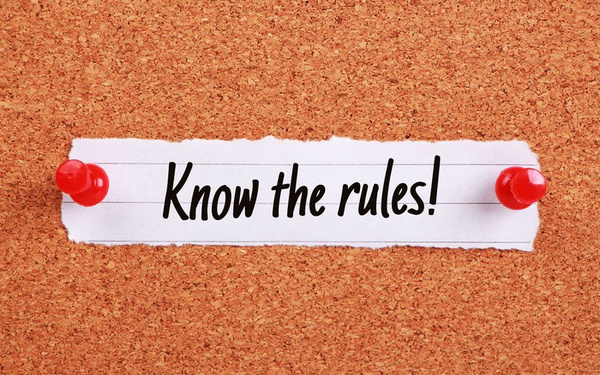It isn’t just about teaching your children good manners, it’s also about behaving well yourself.
Adhere to these simple recommendations, and your children will follow your good example:
Tips for Parents
• Your example is all important. So don’t lose your temper, and keep your reactions to your child well-moderated. If you’re angry with a child because of his/her behaviour in a public place (a supermarket, for example), don’t shout the roof down.
• Speak reasonably to your child. If the situation is getting out of control, take it outside. Don’t humiliate your child in public.
• Don’t humiliate your child in front of his/her friends. If your child’s behaviour is becoming intolerable, take him/her out of the room and speak to him away from other children.
• Don’t make empty threats. If your response to bad behaviour is to say “any more of this and we’re going home without an ice cream” then you must do precisely what you threatened if the misbehaviour continues. If you don’t carry through your child will quickly learn to take your volatile reactions with a pinch of salt.
• If you can see that your child is being bullied, or pushed and shoved, by another child, wait and see if the other parents will intervene.
• If they don’t, it’s perfectly acceptable to take the situation in hand. Obviously your response should be calm and gentle, “I think xxxx was already playing with that toy” or “Be careful, I think you might be hurting xxxx’s arm”. These comments are very mild, and shouldn’t anger the offending child’s parents (in fact they may act as a useful mild reproach, and provoke them into actually doing something constructive).
• Try and avoid, where possible, complaining to the parents – people can become very defensive about their children and may react very aggressively.
• Be very vigilant about the behaviour of your child around other children, and intervene quickly if you think that your child is causing problems.
• Be aware at all times of the impact your child is having on other adults around you, especially in places where people can reasonably go with the expectation of some peace and quiet – train carriages, restaurants, pubs and so on.
• For example, if you’re sharing a carriage in a train with a quiet, newspaper-reading commuter, and your children are creating carnage, then it’s up to you to intervene. The same goes for restaurants, where rowdy kids can frequently disturb other diners.
• If, on the other hand, your kids are playing noisily in the park and you’re getting filthy looks from the dog-walker, you might reasonably conclude that they’re being very over-sensitive about natural behaviour in a public place. If they find children playing in a park thoroughly objectionable, then they are obliged to move on.
• Always lead by example. Be polite at all times, listen carefully, act deferentially towards the elderly, show consideration for people in public places. Your good manners will inevitably rub off on your children.
Source:https://bit.ly/3t32cJz

